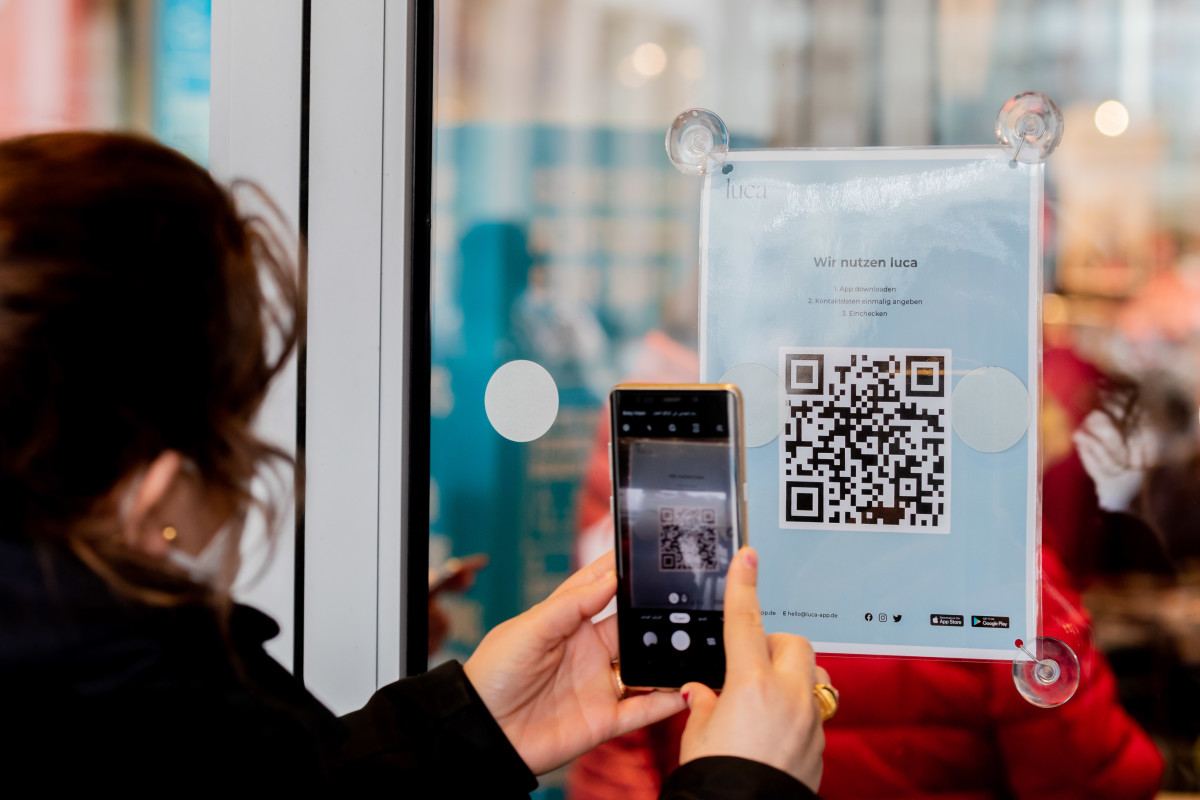
Next time you’re about to scan a QR code, you might want to double check if it’s legit. The quickest way to access a link is now becoming the quickest way for hackers to access your personal information, as the Federal Trade Commission is warning consumers about a scam on the rise known as “quishing.”
This is when hackers trick consumers into scanning QR codes, which are usually scanned with your phone camera, that secretly contain harmful links. QR codes have become more prevalent over the years as more retailers are implementing them into their businesses to streamline payments or lead customers to other portals of information.
Related: Government agency called out for failing to tackle robocalls
The FTC warned consumers that there have been reports of hackers replacing QR codes on parking meters with QR codes of their own. It also warned that hackers have even sent text messages or emails to consumers, while pretending to be a retailer, pushing them to scan a QR code for urgent reasons such as to reschedule a package that couldn’t be delivered, or to verify their account or change their account password due to “suspicious activity.”
“These are all lies they tell you to create a sense of urgency.” said the FTC in a consumer alert post. “They want you to scan the QR code and open the URL without thinking about it.”
QR codes have rapidly grown in numbers during the Covid pandemic as people turned to the technology as a way to make cashless payments. The federal government has been cracking down on quishing attacks since 2022. The FBI revealed in a press release a few months ago that it first started receiving reports of people falling victim to these scams last year and said that QR codes are “easy to create and, unfortunately, easy to hack.”
More Technology:
- Police warn parents about a dangerous new iPhone feature
- Google to start deleting inactive accounts this week
- Major dating apps are yanking their ads from Meta for a disturbing reason
Quishing attacks have continued to be on a quick rise in recent months. A new study by security service firm ReliaQuest revealed a 51% increase in quishing attacks in September 2023 compared to the amount it spotted in January through August 2023.
“This spike is at least partially attributable to the increasing prevalence of smartphones having built-in QR code scanners or free scanning apps; users are often scanning codes without even a thought about their legitimacy,” said ReliaQuest in a blog post.
Quishing can result in severe financial losses as consumers can be tricked into scanning a code in order to make a payment that directs them to a fake website that looks legitimate. It can also result in a loss of personal information as fake QR codes can contain a link that secretly installs malware onto a device.
In order to prevent consumers from falling victim to quishing, the FTC has suggested a few ways that consumers can protect themselves.
First, the FTC suggests for consumers to inspect the URL of QR codes before they open one, and to look for any misspellings or switched letters. Second, the FTC encourages consumers to not scan a QR code in emails or text messages they weren’t expecting, especially if it requires immediate action.
Finally, the commission suggests that consumers should make sure that their phone software is updated, and that their online accounts have “strong passwords and multi-factor authentication.”
Simplify the pulse of the market landscape with bite-sized intel from the masters. Real Money Pro is your dynamic financial ally, transforming market insights into strategic moves. Start your membership to elevate your portfolio.







